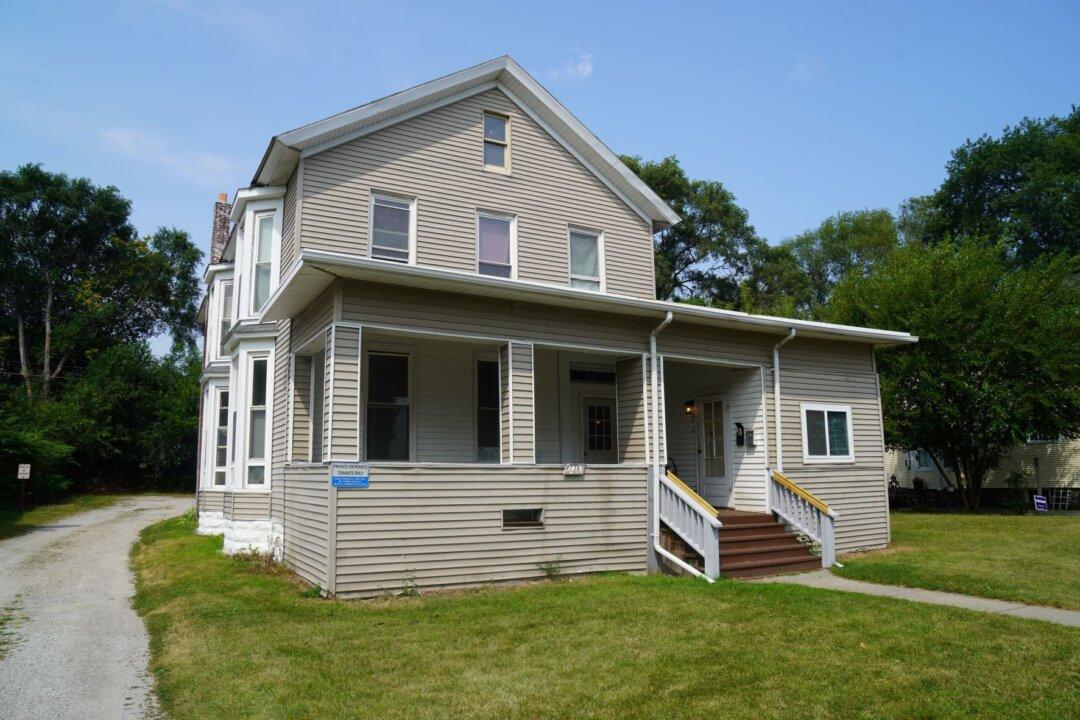A widow is appealing to the U.S. Court of Appeals for the 6th Circuit over a court ruling dismissing her claim that local governments in Michigan seized her family’s home over a tax debt and then refused to compensate her for the home equity in the property she lost.
The unfavorable ruling came despite the fact that the Michigan Supreme Court has ruled that counties may not keep for themselves as a windfall funds left over from the sale of real property for unpaid taxes, an unconstitutional practice the property owner’s lawyers denounce, calling it “home equity theft.”





